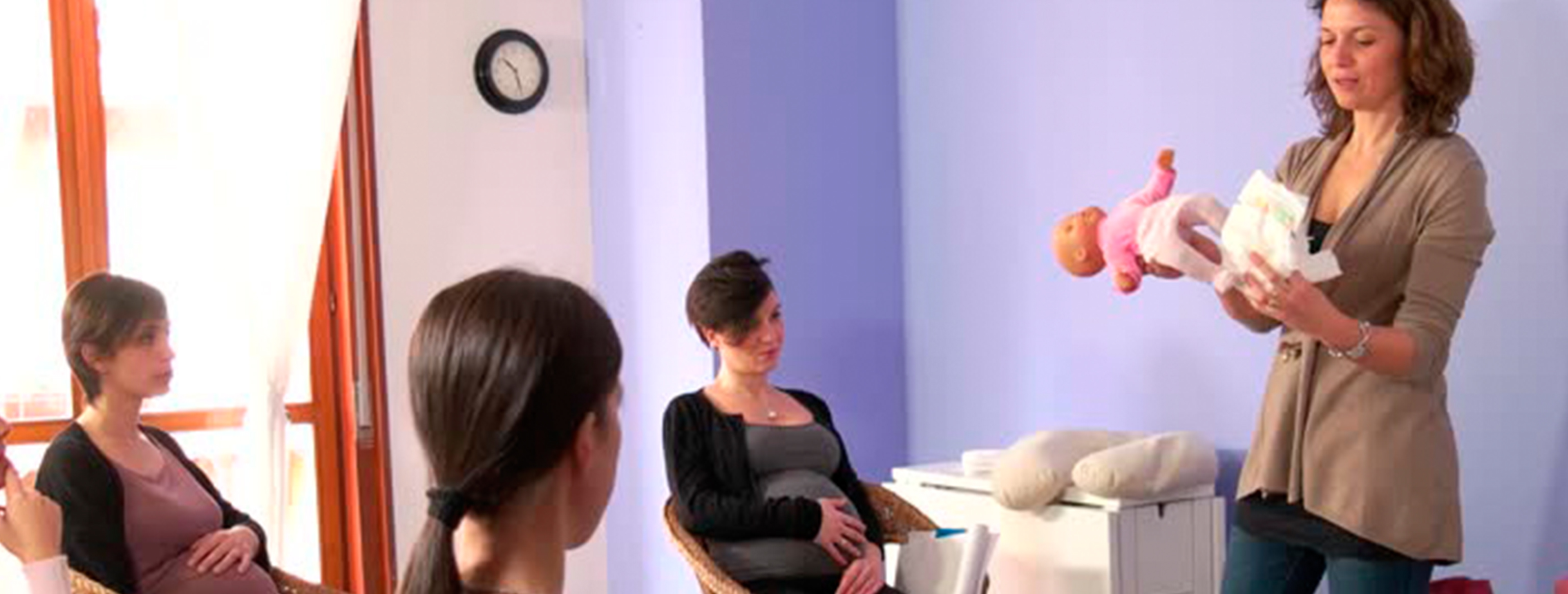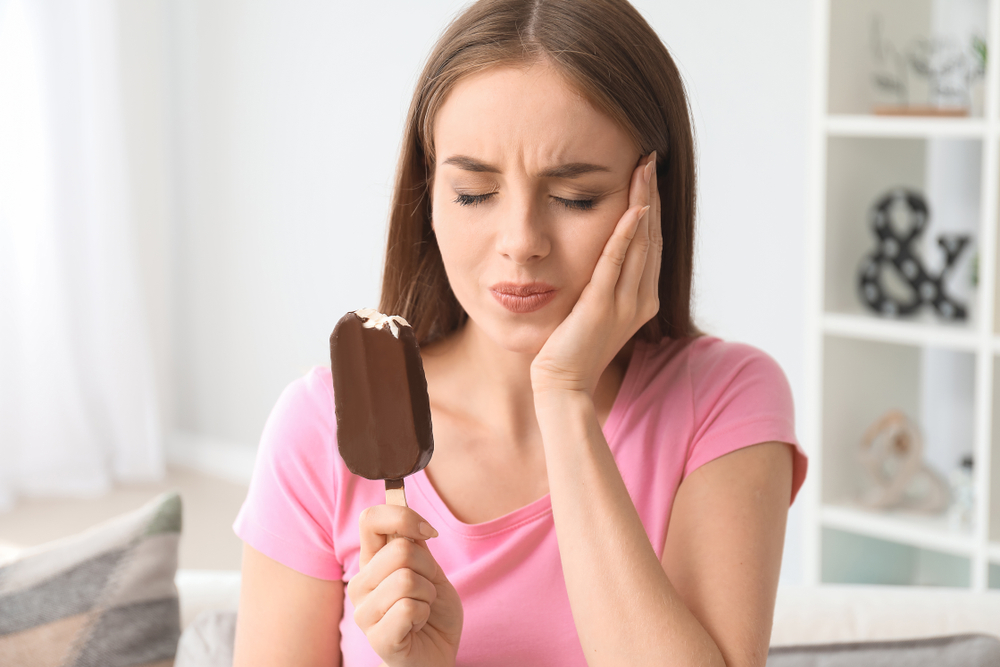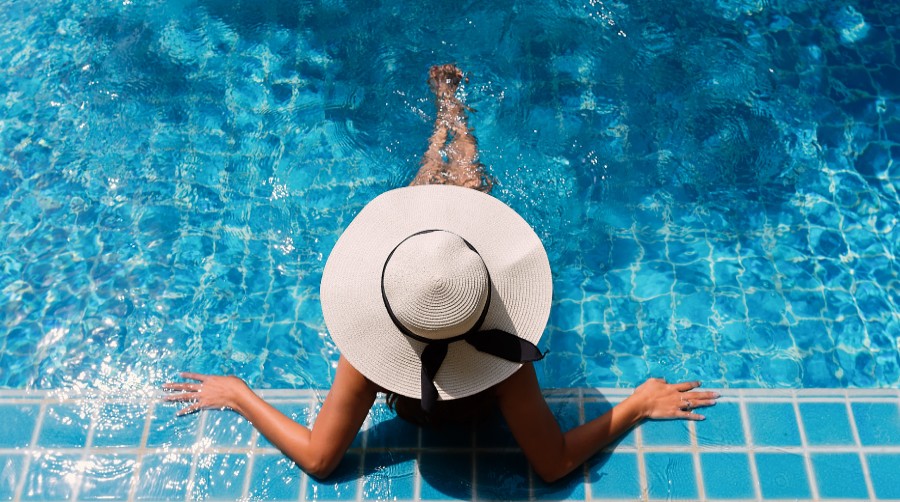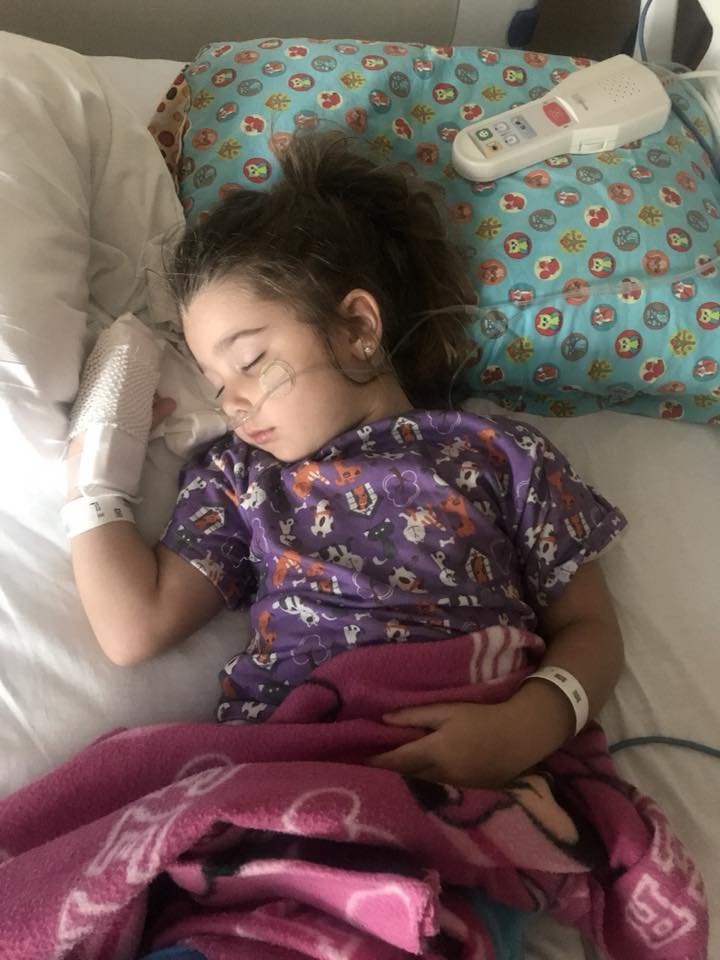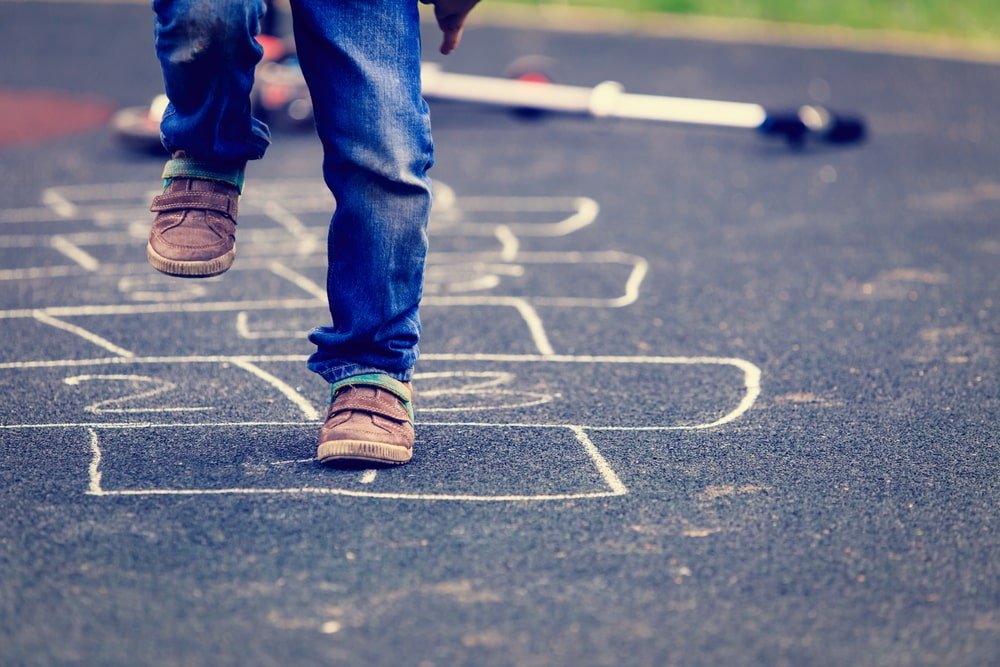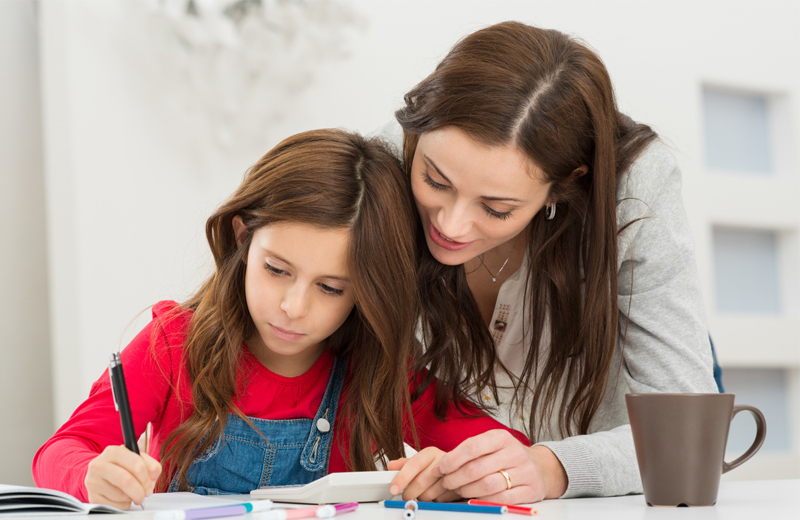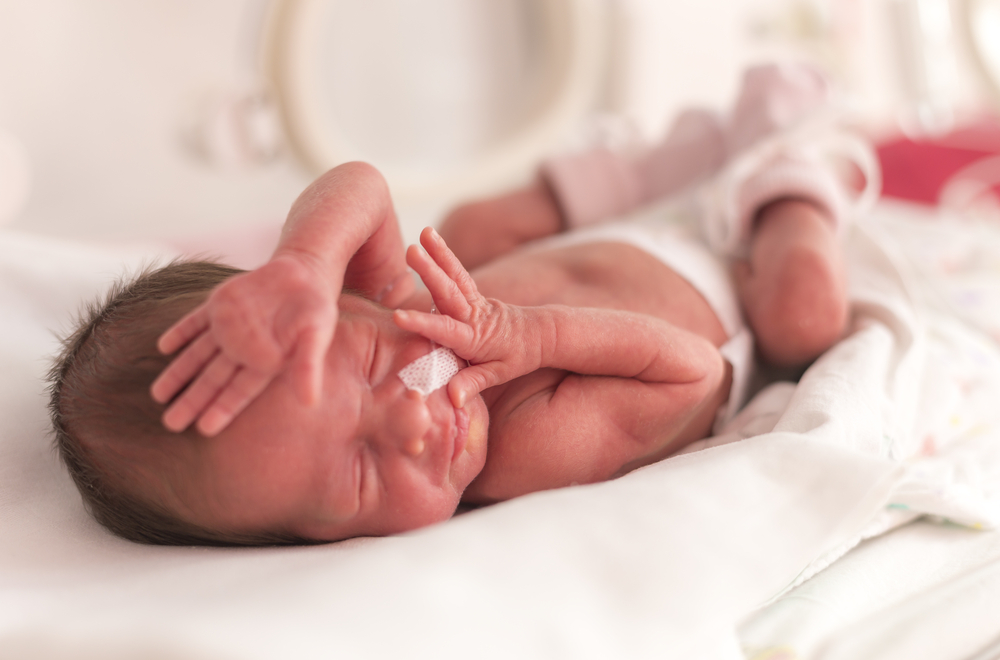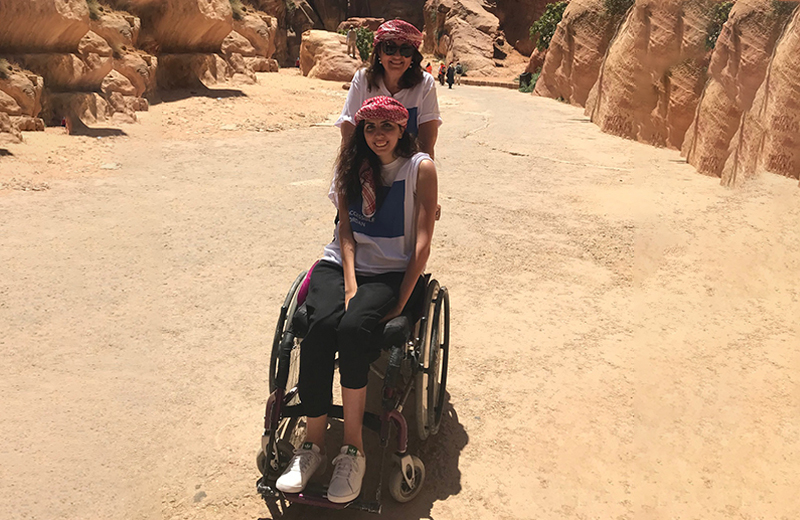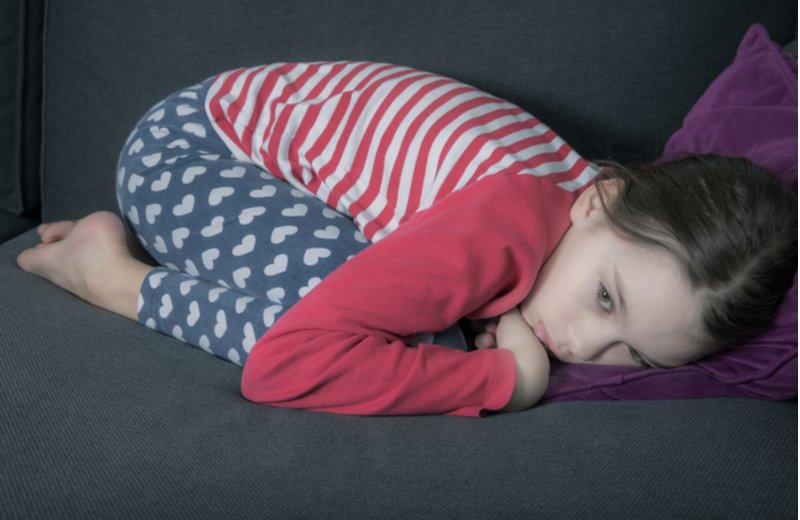Children's Health
Discover how Safe Are Public Pools?
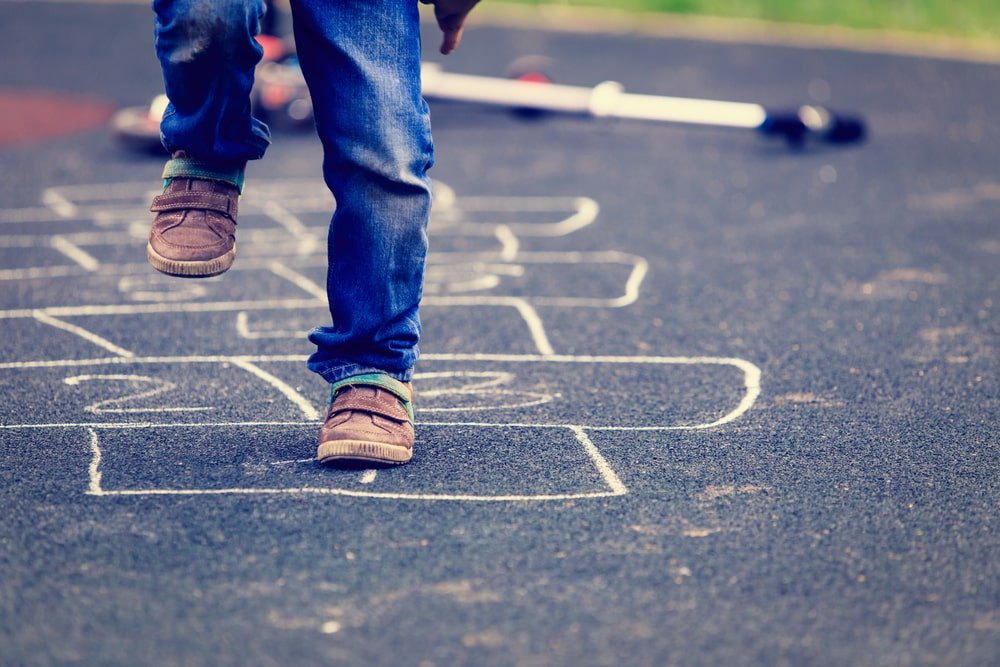
Swimming is an excellent form of exercise. But like many activities, swimming in a pool has its downside. Despite attempts to disinfect the pool, some pathogens may still lurk in the water, and some researchers suggest that disinfectants may pose their own health hazards. Swimming in chlorinated pools, particularly indoor pools, might put kids at higher risk for developing respiratory illnesses, including asthma and hay fever. Chemicals such as chlorine disinfect pools but, as a by-product of the process, they also combine with the detritus of swimmers - dead skin, bacteria, urine, sweat and body oils - to form substances known as chloramines. It is these chloramines, not the chlorine itself, that are responsible for eye and nose irritation, skin problems and the typical pungent swimming pool smell, and some studies suggest that highly chlorinated pools can in some cases lead to DNA damage and increase the risk of cancer. However, more evidence for this is still required.
CHLORINE + HUMANS = HARMFUL DISINFECTANT BY-PRODUCTS
This sounds rather alarming.
Does it mean we should keep our kids out of the pool? Not necessarily. It depends on the pool. And we should keep in mind: Most studies concern kids who swim regularly. A few visits to the wrong swimming pool are unlikely to cause health problems.
As noted above, research is still in the early stages, and more information is needed before we can interpret epidemiological studies. But meanwhile, concerned parents can follow these guidelines:
-
If you can smell the chlorine in the pool environment, there is too much of it:
That is the rule of thumb and the easiest, most efficient test.
-
If you frequently swim indoors, find a pool with good ventilation
Avoiding pools that recirculate air rather than replace it with fresh air. It also means avoiding pools in rooms with low ceilings.
-
Avoid swimming pools that do not insist on cleanliness such as showers before swimming
Perspiration and other body products mix with chlorine to produce disinfection by-products. When people wash with soap and water before entering the pool, they help minimize the generation of chloramines.
-
Tell kids not to pee or spit in the pool
It is not just gross; urine combined with chlorine is a shortcut to many harmful endings.
-
Encourage pool managers to consider research-based alternatives to traditional chlorination
According to the researchers who conducted the DNA study, the safest approach to disinfection may be a combination treatment: UV irradiation with supplemental chlorination.
ALWAYS:
-
Shower with soap before entering the water.
-
Take children on frequent bathroom breaks, and check their diapers often so they never pee in the pool.
-
Change diapers in the bathroom, not at the poolside.
-
Wash children thoroughly (especially their bottoms) with soap and water after they use the toilet or their diapers are changed and before they enter the water.
-
Protect others by not swimming if you are experiencing diarrhea, this is essential for children in diapers.
-
If you are diagnosed with Cryptosporidiosis, do not swim for at least two weeks after diarrhea stops.
-
Teach children to avoid getting pool water in their mouths.
References:
- parentingscience.com.
- cdc.gov
- healthypools.org
- georgia.gov


